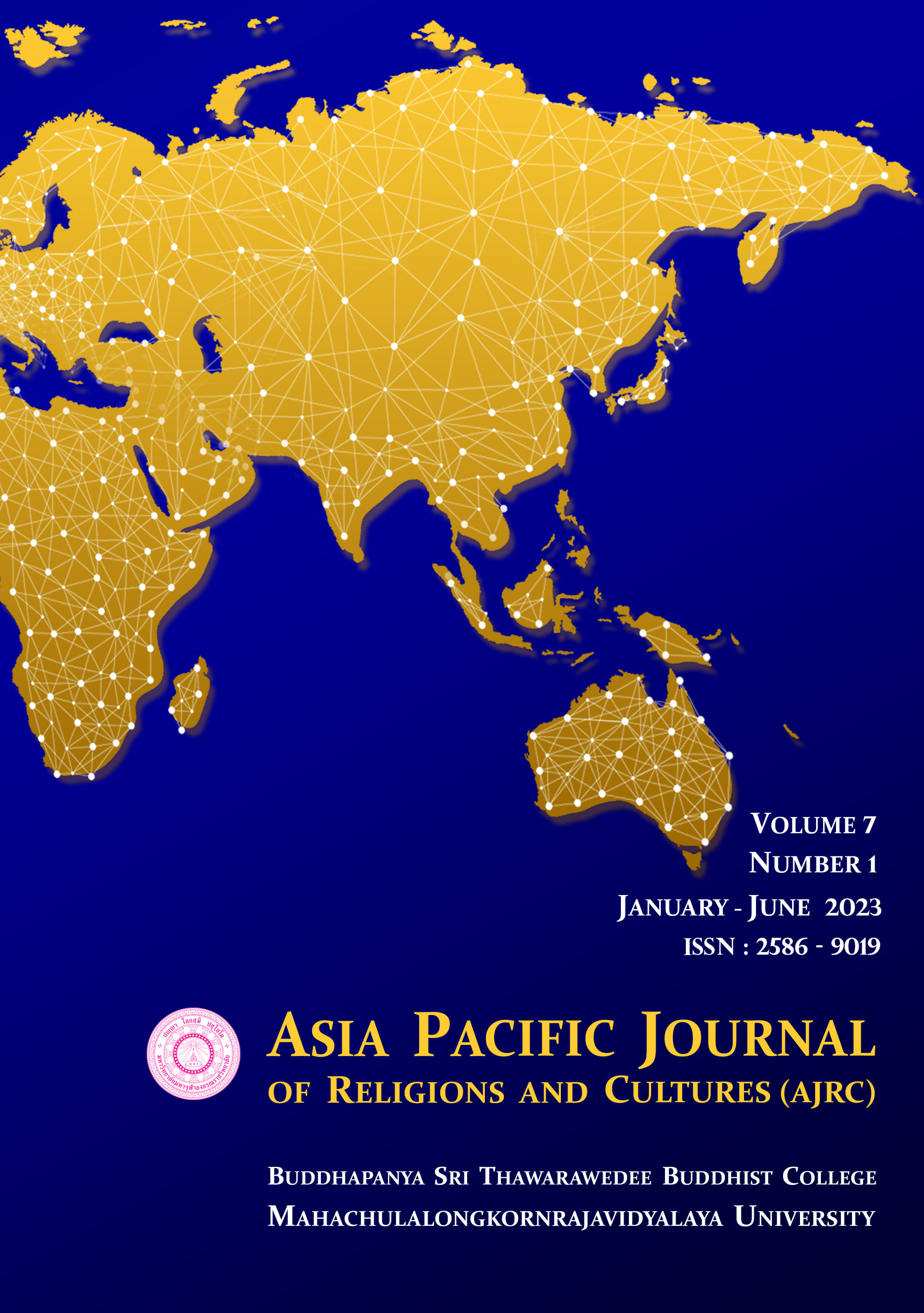COMPARATIVE POLICY CONCERNING THE BALANCE BETWEEN SPORTS AUTONOMY AND THE RULE OF LAW WITHIN PEOPLE'S REPUBLIC OF CHINA AND WESTERN COUNTRIES
Main Article Content
Abstract
The objectives of this study were : 1. To explore the uniqueness of the rule of law in sports, and think about the relationship between it and the professionalism of sports autonomy; 2. Discuss the conflicts and contradictions between the sports autonomy system of sports organizations and external laws, as well as how to balance and coordinate them, and kind of relationships that exists between sports autonomy and state power; and 3. To find a way for the coordinated development of China's sports autonomy and the rule of law, and reconstruct the sports regulation model in China. This study used qualitative research, using an interview as the research instrument for the data collection, by focusing on the United States' involvement in FIFA corruption as the topic, which discusses about the anti-corruption and regulation of monopolistic international sports organizations, especially how to strengthen the constraints of external forces (including judicial intervention) on international sports organizations. Therefore, to realize the compliance of sports organizations the discussion involved three major issues: 1. The legitimacy of the criminal investigation of corruption by FIFA officials in the United States; 2. The self-management of monopolistic international sports organizations, by issuing good governance; and 3. The external supervision mechanism of international sports organizations (including external legal mechanisms). The interview collected the opinions of well-known sports experts on the legitimacy of the United States' actions in the recent FIFA official corruption case, and their thoughts on the issues of autonomy and the rule of law in international sports organizations. The data analysis of the good governance of sports organizations is a contemporary trend of self-management of sports organizations. However, the autonomy of sports organizations may sometimes fail, so this kind of autonomy should always be subject to external supervision. The most effective external supervision is legal supervision. The results of the research found that; sports autonomy is carried out within the legal framework, but it also excludes the national rule of law to a certain extent. The interaction between them is mainly manifested in conflict and collaboration. Disputes cannot be completely resolved by relying on the power of sports itself, and when a fair ruling is provided for the parties, the intervention of appropriate judicial procedures is required. Introduction of autonomy in China's competitive sports industry and establishing a harmonious coexistence relationship with the state's public power. Clarify the autonomous system of competitive sports management, and establish a reasonable and coordinated internal structure of the autonomous body.
Article Details

This work is licensed under a Creative Commons Attribution-NonCommercial-NoDerivatives 4.0 International License.
References
Adam Lewis, and Jonathan Taylor(2003), Sport: Law and Practice, Butterworths, Press.
ANDREW V(2014), The court of arbitration for sport: Law- making and the question of independence, Stmpfli Verlag Press.
BORJA G. (2013), Keeping private governance private: Is FIFA blackmailing national governments 13th EUSA Biennial Conference, Maryland: Balti Press.


